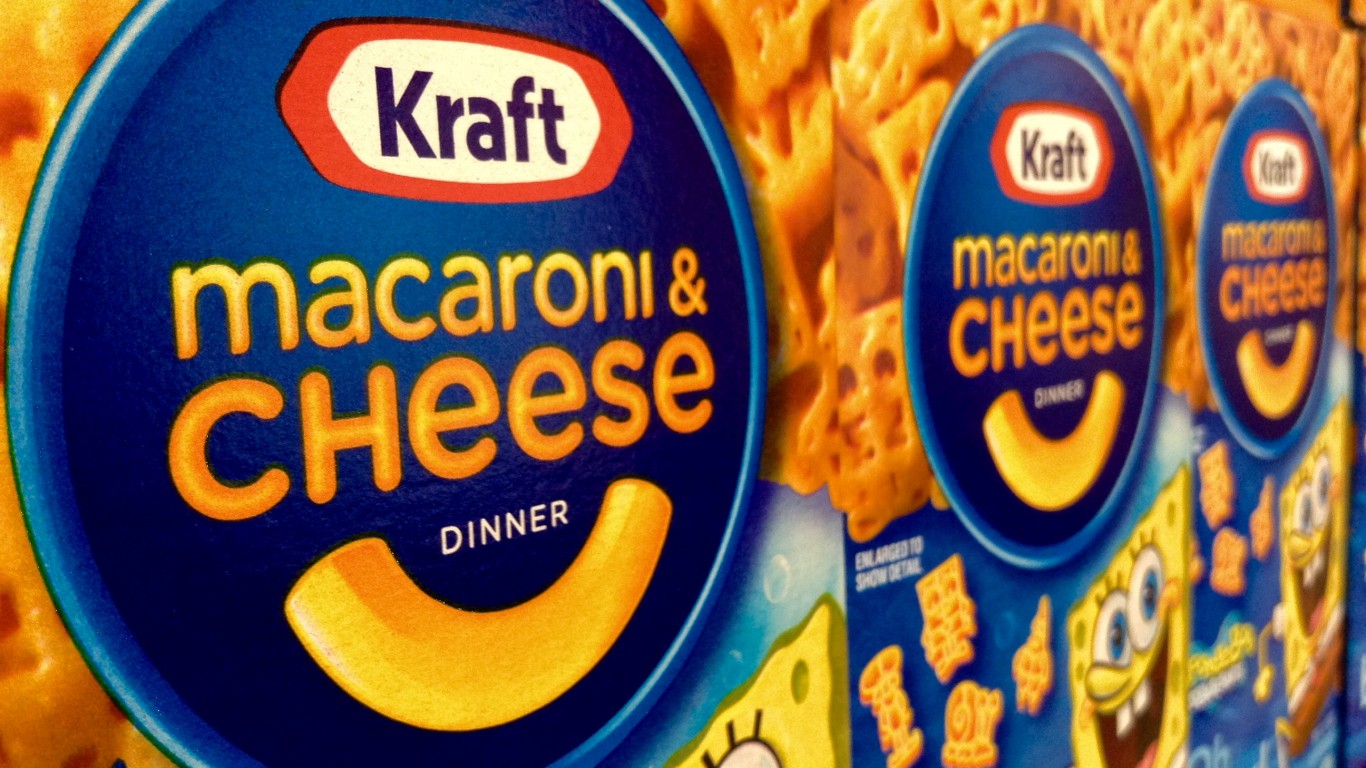
Bill Gates is among the most well-known and closely-followed businessmen in the world. The Microsoft (NASDAQ:MSFT) founder has been the wealthiest person in the world for most of the past three decades, taking the title of the wealthiest person in the world for 16 out of the past 27 years.
Accordingly, it’s no surprise that so many investors continue to look at Bill Gates’ portfolio and where he’s investing his money and try to follow in his footsteps.
Now, it’s a well-known fact that if Bill Gates didn’t diversify his portfolio, and chose instead to keep his wealth entirely in Microsoft stock, he’d have been much better off over the years. But diversification is generally considered to be a good thing over the very long-term, so we can’t blame him for trying to identify other world-class companies to put his capital to work in over time.
Here are three of his top picks he’s held for a long time, and why I think they have the potential to continue outperforming over the long-term.
Key Points About This Article:
- Bill Gates is one of the most notable investors and businessmen of all time, and he’s continued to invest heavily in the market following his departure from Microsoft.
- Here are three of his long-term holdings I think investors may want to consider as core portfolio positions for a long-term hold over time.
- If you’re looking for some stocks with huge potential, make sure to grab a free copy of our brand-new “The Next NVIDIA” report. It features a software stock we’re confident has 10X potential.
Canadian National Railway (CNI)

Canadian National Railway (NYSE:CNI) is among the top railroad operators in North America, with more than 22,000 route miles of track laid from Canada to the Gulf of Mexico. One of the true beneficiaries of the economic boom we’ve seen in recent decades, CN Rail remains a top highly-cyclical pick for investors like Bill Gates that want to place a bet on the future health of the North American economy.
Impressively, as of Q1 2024, 40 investors held $13.53 billion in CNI stock, with the Gates Foundation Trust owning more than half of this amount ($7.22 billion). That speaks to the level of conviction Mr. Gates has in the company and its long-term prospects, relative to its peers in the railroad sector.
CN Rail has maintained a healthy dividend over time, with CNI stock currently yielding 2.1%. However, it’s the stock’s long-term capital appreciation profile that many investors (Bill Gates included) clearly like to see. Over the past 20 years, CN Rail’s stock price has appreciated more than 10-fold excluding dividends. That’s the kind of return investors want to see over a long-term portfolio holding.
The company’s recent results have been strong, and despite industry volatility, there’s a lot to like about the company’s leverage to overall freight growth. The company expects 11.2% growth this year, and more than 25% growth in fiscal 2025. Thus, with a double-digit annual dividend growth profile, this is a stock that could continue delivering meaningful returns for decades to come.
Caterpillar (CAT)

Renowned for its yellow machinery, Caterpillar (NYSE:CAT) has become the manufacturer of choice for heavy duty construction and mining equipment. Another highly-cyclical pick of Mr. Gates, Caterpillar benefits from long-term spending trends in industrial activity. With a number of on-shoring trends picking up steam in recent years, this company could have a nice growth profile that’s being undervalued by the market. And at a price-earnings ratio of just 15-times, I certainly think that’s the case.
Caterpillar remains the dominant global leader in the machinery sector, with its share price rising steadily over time. Increased construction activity in a number of sectors including mining and renewables continues to drive strong fundamental growth for the firm. In Q1, the company reported $15.8 billion in revenue, with its energy & transportation segment seeing strong revenue growth of 6.8% year-over-year. Overall, the company’s non-GAAP EPS of $5.60 beat estimates by a meaningful margin, and should continue to propel further share price growth over time.
That’s partly due to a record $15 billion share repurchase and dividend plan but forward by the company’s management team this past quarter. Clearly, Caterpillar is one of the best companies in the market at returning capital to shareholders. Accordingly, for those looking to invest like Bill Gates, this is a top option to consider in this current market.
Kraft Heinz (KHC)

Kraft Heinz (NASDAQ:KHC) was formed out of the 2015 merger of Kraft and Heinz. Shares of KHC stock initially debuted at $48.55 but now trades below $36. Thus, there are no shortage of investors who have been dismayed with this company’s performance in recent years, and that certainly makes sense.
There are a number of reasons for this underperformance in recent years. From an SEC probe which led to previous CEO Bernardo Hees’ resignation to a dividend cut and a $15 billion write down in 2019, the stock has been hit hard in the past. However, shares of KHC stock have stabilized in recent years, and the stock is actually up more than 22% over the past five years.
I view Kraft Heinz as a very defensive pick in this market, and that’s why the stock has made the list. Now, the company operates a capital-intensive business model, spending around $22 billion annually on operations to generate $26.5 billion in sales. However, beyond efficiency initiatives, the company continues to focus on innovation within its core product portfolio. If the company’s recent partnership deals pay off, Kraft Heinz’s management team thinks $2 billion in annual recurring revenue could be added to its books.
Kraft Heinz’s quarterly dividend of $0.40 per share hasn’t increased since 2019, despite a solid 4.9% yield. This lack of growth and its reputation as an underperformer have kept the stock stagnant. However, the turnaround under Abrams-Rivera is showing progress, and a dividend increase may be on the horizon. Investors may want to act now before the stock starts gaining momentum.
It’s Your Money, Your Future—Own It (sponsor)
Retirement can be daunting, but it doesn’t need to be.
Imagine having an expert in your corner to help you with your financial goals. Someone to help you determine if you’re ahead, behind, or right on track. With SmartAsset, that’s not just a dream—it’s reality. This free tool connects you with pre-screened financial advisors who work in your best interests. It’s quick, it’s easy, so take the leap today and start planning smarter!
Don’t waste another minute; get started right here and help your retirement dreams become a retirement reality.
Thank you for reading! Have some feedback for us?
Contact the 24/7 Wall St. editorial team.





